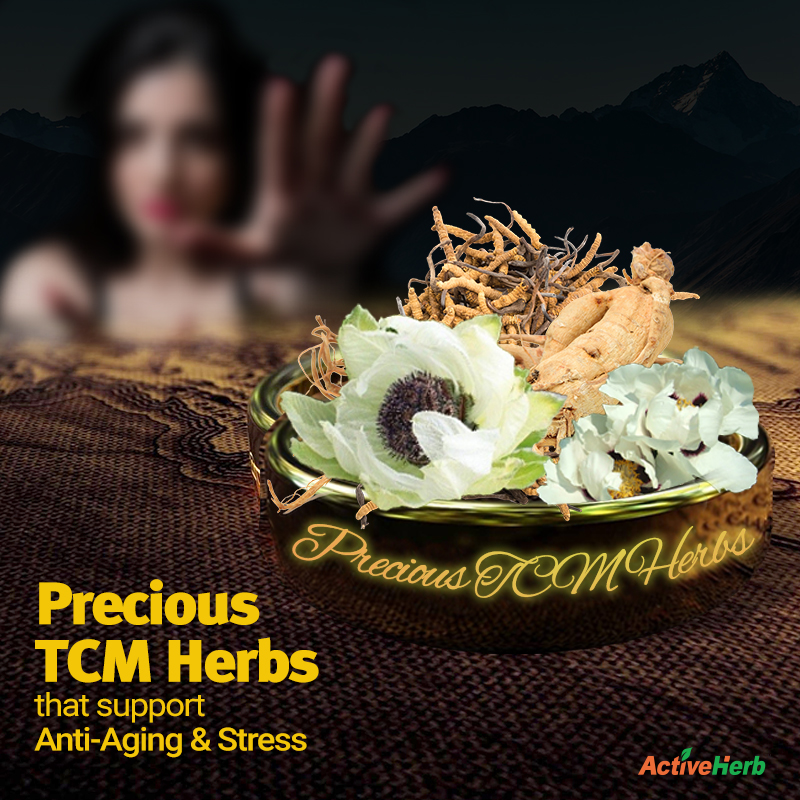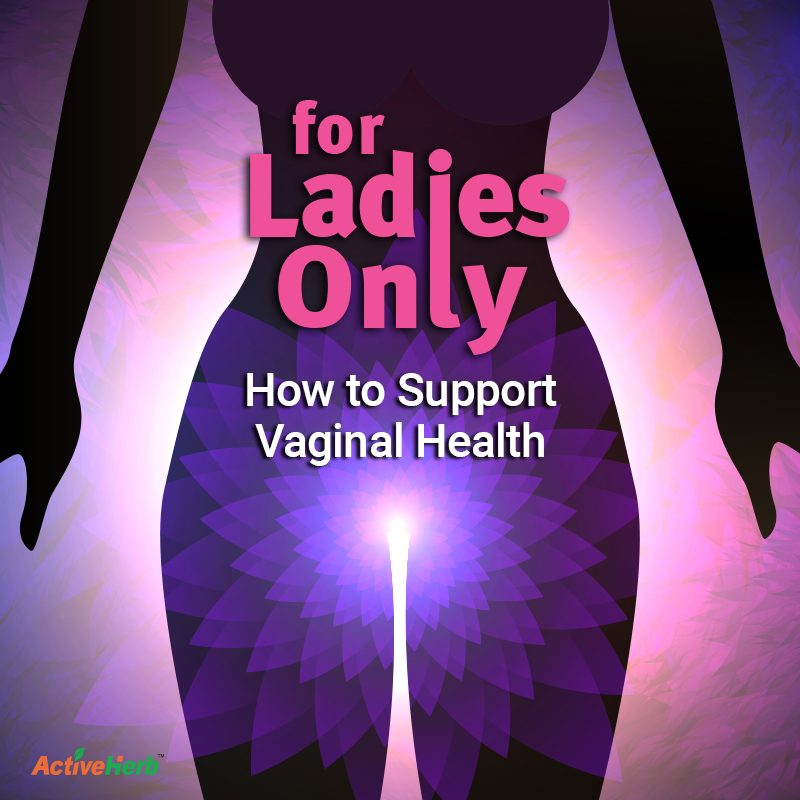The 3 TCM Types Most Likely To Have Blood Sugar Imbalance

Many people assume that only the overweight or obese have difficutly managing blood sugar. But that’s certainly not the case. Since the medical textbook, Huang Di Nei Jing (The Yellow Emperor’s Inner Classic) was written in the first century BCE, traditional Chinese medicine (TCM) has known that persistent thirst, frequent urination and other manifestations of blood-sugar imbalance isn’t always a reflection of how one looks on the outside.
In fact, the genetic traits you inherit at birth may play just as much of a role in determining how your body metabolizes sugar. In TCM theory, genetic traits are classified into a constitutional type.
There are 9 main constitutional types of TCM theory. The bad news is that if you’re one of three of these types, you may have more of a disposition to blood-sugar management difficulties. But the good news is that like the concept of epigenetics in Western medicine, you’re not necessarily doomed by your DNA at birth.
So how do we know that the three TCM types mentioned below are more associated with blood-sugar management challenges? We can thank modern research for that.
Researchers conducted a meta-analysis that analyzed constitutional types of over 28,500 people from 87 different studies. The findings were published in Evidence-Based Complementary and Alternative Medicine and concluded that three constitutional types accounted for nearly 50% of subjects presenting with classic signs of blood-sugar imbalances.
The three patterns are: Yin Deficiency (18%), Phlegm-Dampness (17%) and Qi Deficiency (13%).
What is Yin Deficiency?
If ever there were a TCM constitutional type poster boy or girl to disprove the theory that only overweight people struggle with blood sugar management, it’s the Yin Deficient type. If you’re of this type, you tend to run thin.
But on the inside, things don’t look so pretty. Yin Deficiency may cause the stagnation of bodily fluids such as blood. With this pattern, blood thickens and does not flow very well and blood sugar is not uptaken into the cells efficiently.
Obviously, diet plays a vital role in regulating blood sugar. From a TCM perspective, eating excess sugar causes extreme dryness. Yin Deficiency is marked by dryness, and should this lack of moisture affect the Kidney organ system of TCM, it will result in poor water metabolism and excessive thirst—obvious signs of blood-sugar imbalance.
Beyond being thin and feeling like your mouth’s as dry as the Sahara, how else can you be sure that you have Yin Deficiency? Personality-wise, you like to be social but you can also be impatient. Physically, you’re also prone to being backed up or having dry stools. This is a consequence of internal dryness. And if there’s excess dryness, there’s insufficient moisture to lubricate the intestines.
But that’s only half the stool story. You see, Yin is the body’s main cooling energy. If you have a deficiency of Yin energy, there will be excess heat. Heat and dryness make for an unpleasant combination for the bathroom—and for blood sugar levels. Yin Deficiency can also affect the Stomach organ system, which leads to increased appetite.
(To revive Yin energy, YinVive may help resolve Yin Deficiency.)
What Is Phlegm-Dampness?
On the outside, if you’re of this type, it’s not easy to hide your sluggish metabolism. Unlike thin Yin Deficient types, Phlegm-Damp (PD) types tend to be overweight with a prominent tummy. The good news if you’re a PD type: you’re a pleasure to be around. You’re patient and mild-mannered.
But if there’s a tropical downpour outside, that’s when PD types can get grumpy. Interestingly, with PD type, it’s like a muggy, rainy day every day internally. Dampness results from the body’s inability to process (transform) moisture in the body. And the TCM organ most likely to be affected by excess moisture is the Spleen, the organ responsible for transforming nutrients into Qi (energy).
Excess phlegm arises when the Spleen is underperforming, and over time, chronic Spleen dysfunction causes dampness and an accumulation of fluids. That’s why this TCM type often presents with swollen extremities and a sweaty, oily complexion. Increased water and moisture accumulation then creates poor blood sugar metabolism.
(Slimin is a Modern Essentials formula that may resolve Phlegm-Dampness.)
What Is Qi Deficiency?
Frail and shy, the Qi Deficient type is cursed with a weak immune system. Having Qi Deficiency means you lack the energy to walk up a steep flight of stairs without feeling like you’ve just ran a marathon.
But it’s not just a lack of overall physical energy that’s a problem. Qi deficiency also creates liquid-metabolism insufficiency and a deficiency of blood.
As Qi is burned up in the body and not replenished, the organ systems begin to function like a gas tank running on empty. With Qi-deficiency, the lack of strength causes dysfunction in several organ systems; glucose cannot supply the cells with energy if there is lack of blood.
(Got Qi Deficiency? QiVive may help!)
Conclusion
TCM constitutional types may help predict who is most likely to have poor blood sugar metabolism. But don’t despair if you’re one of the three TCM types above. You can support your body’s homeostasis with lifestyle modifications and time-tested traditional Chinese medicine.







